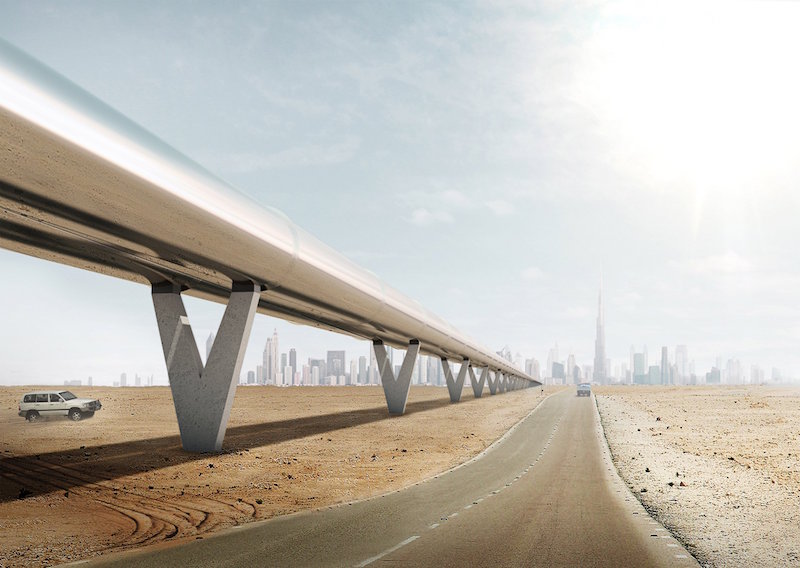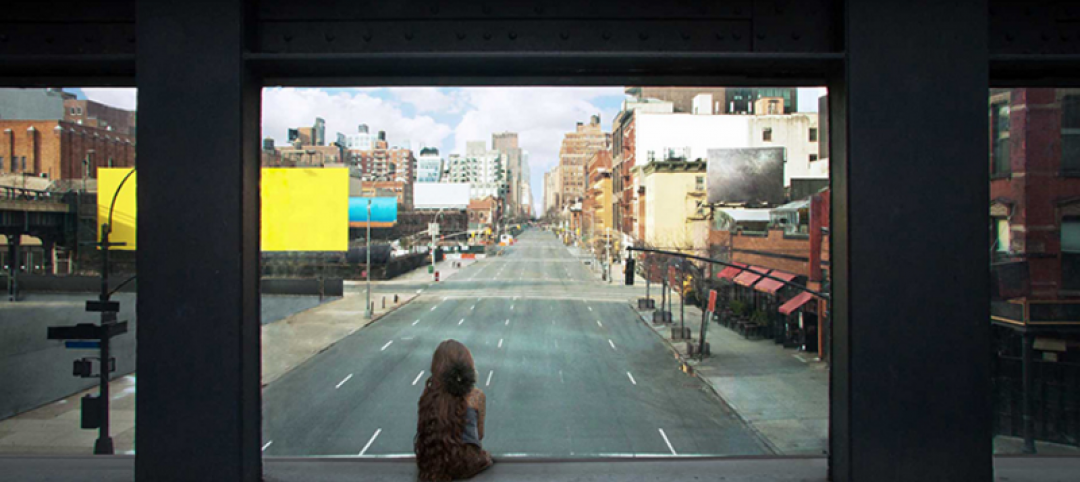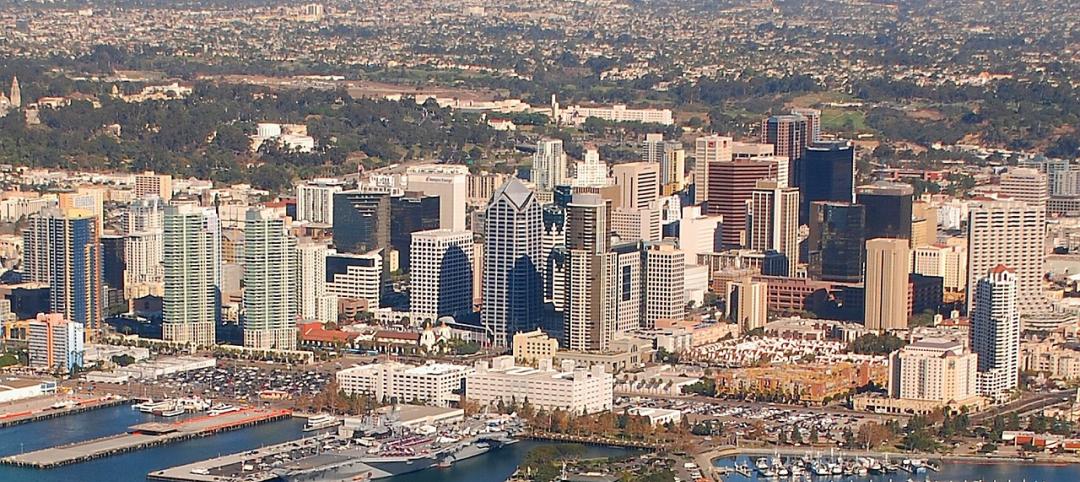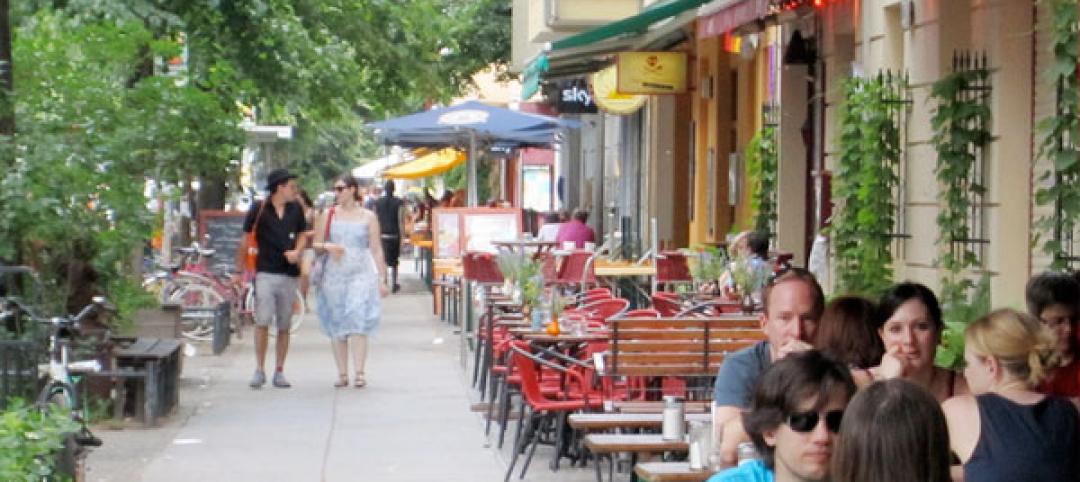At some point in the past year or so, you have probably heard the term “hyperloop” thrown around as the future of transportation. Elon Musk first unveiled the concept of a hyperloop in 2013, Dezeen reports. Since that time, however, he open-sourced the technology and is no longer directly involved with the development.
This gave other companies, such as Hyperloop One, the opportunity to take the hyperloop from concept to reality. The company describes its hyperloop system on its website by writing, “The system uses electric propulsion to accelerate a passenger or cargo vehicle through a tube in a low pressure environment. The autonomous vehicle levitates slightly above the track and glides at faster-than-airline speeds over long distances. We eliminate direct emissions, noise, delay, weather concerns and pilot error.”
The idea of a hyperloop may seem more science fiction than fact, but it is actually grounded in reality. Hyperloop One, with the help of Danish design firm BIG, has big plans of connecting Dubai and Abu Dhabi via a hyperloop, bringing travel time between the two cities down to just 12 minutes. Riyadh would be reached in 48 minutes, Doha in 23 minutes, and Muscat in 27 minutes. The hyperloop pods that hold the passengers and their cargo will be able to reach speeds of up to 1,100 kilometers per hour.
BIG’s designs show the Dubai station, dubbed the “portal” due to its sunken and circular styling, situated at the foot of the Burj Khalifa, according to the most recent information from Dezeen.
Each pod has room for six people and is loaded onto a transporter vessel attached to a chassis, although, the pods will differ with plans for specific offerings for business, lounge, and single. The pods themselves are autonomous and can leave the transporter, travel onto regular roads, and pick up passengers at any point, according to BIG.
The portal eliminates waiting halls through the use of frequent arrival and departure times.
Along with BIG, engineering firms AECOM and Arup are also working with Hyperloop One in an effort to become the first team to build a hyperloop system. Hyperloop One tested its propulsion technology earlier this year near Las Vegas and achieved speeds of 187 kilometers per hour in 1.1 seconds.
Currently, Hyperloop One’s top competitor is Hyperloop Transportation Technologies, which has a test track under construction in California and plans to connect Budapest, Vienna, and Bratislava with a hyperloop in the near future.
You can watch a video from BIG detailing how Hyperloop One’s system would work and be laid out below.
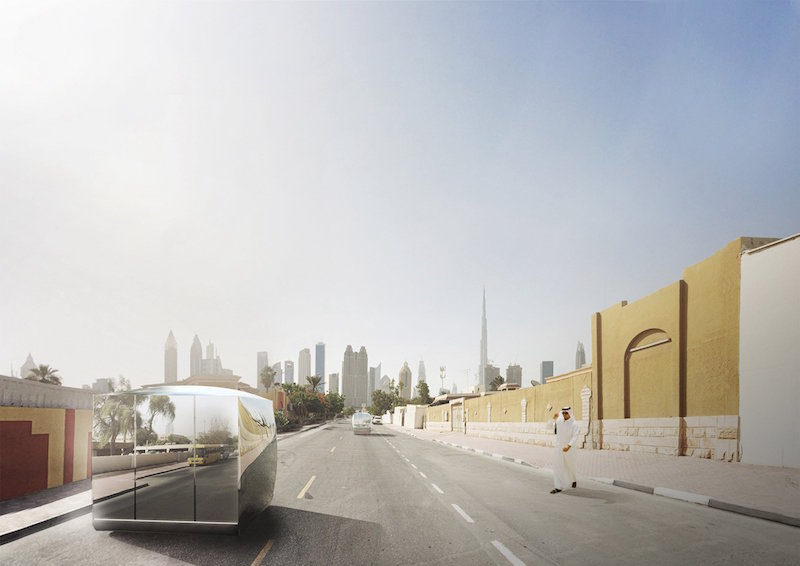 Courtesy of BIG
Courtesy of BIG
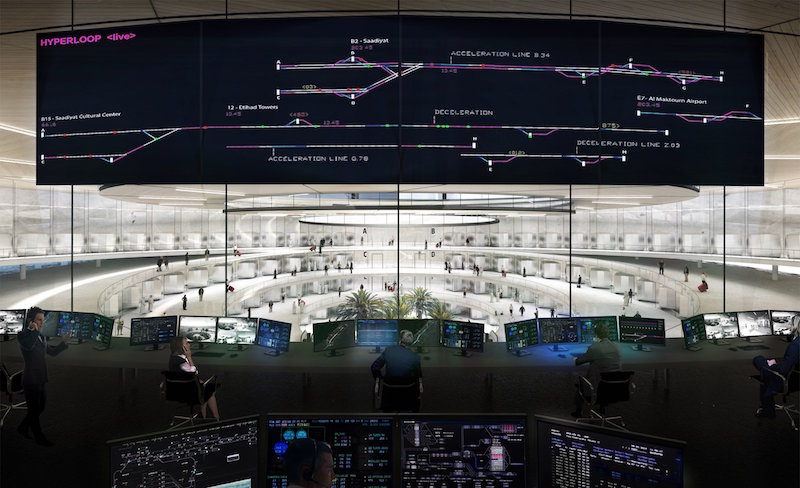 Courtesy of BIG
Courtesy of BIG
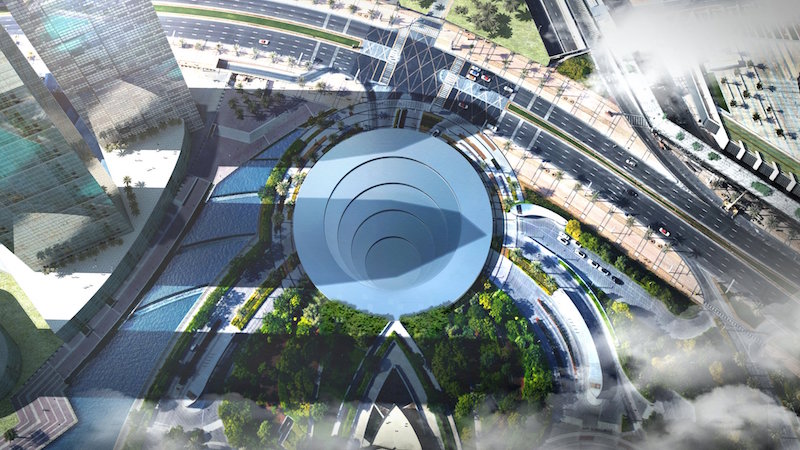 Courtesy of BIG
Courtesy of BIG
Related Stories
Urban Planning | Jan 19, 2016
Cities are booming, but do they have what it takes to sustain growth?
While cities are creating new jobs and attracting new residents, there are warning signs that suggest this current urban boom lacks the necessary sustainability that comes with focusing on the macro issues of community, affordibility, and displacement, writes Gensler’s Peter Weingarten.
Urban Planning | Jan 4, 2016
The next boomtown? Construction and redevelopment sizzle in San Diego
The city's emission-reduction plan could drive influx into downtown
Urban Planning | Dec 21, 2015
Addressing urban density with design
How does success in managing density begin? By being design friendly to everyone, writes Jessica K. Lucyshyn of GS&P.
Urban Planning | Dec 7, 2015
Handbook for design, construction, maintenance of permeable pavements released
Supports sustainable solution to stormwater and urban runoff.


